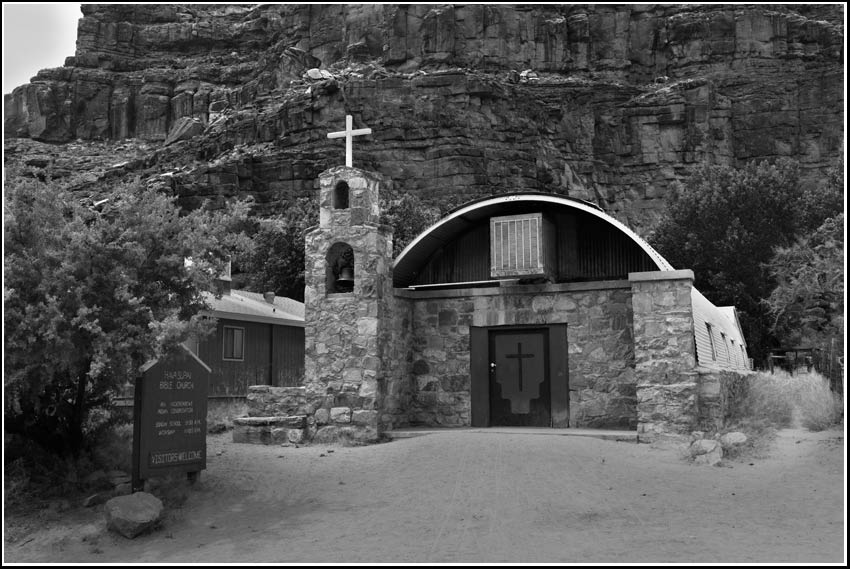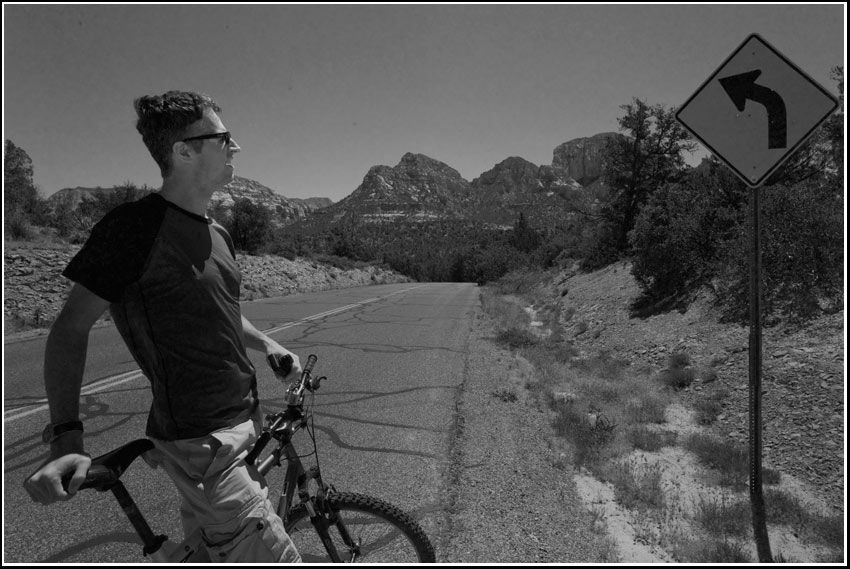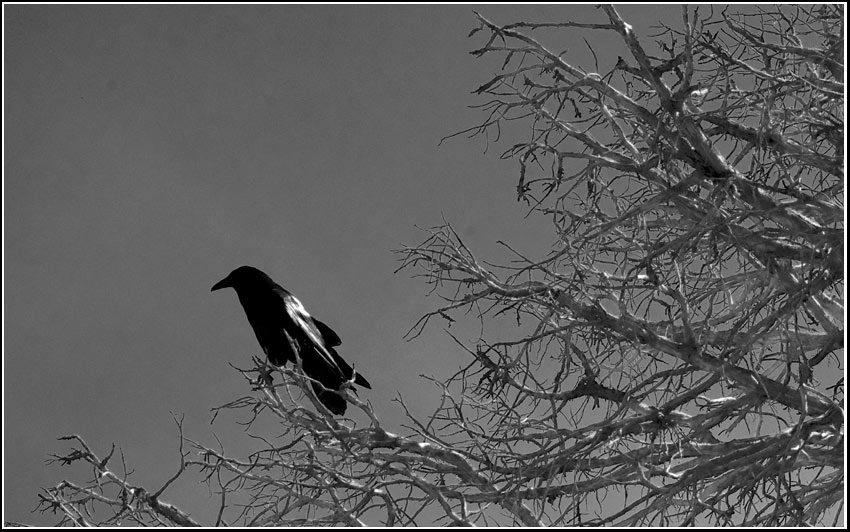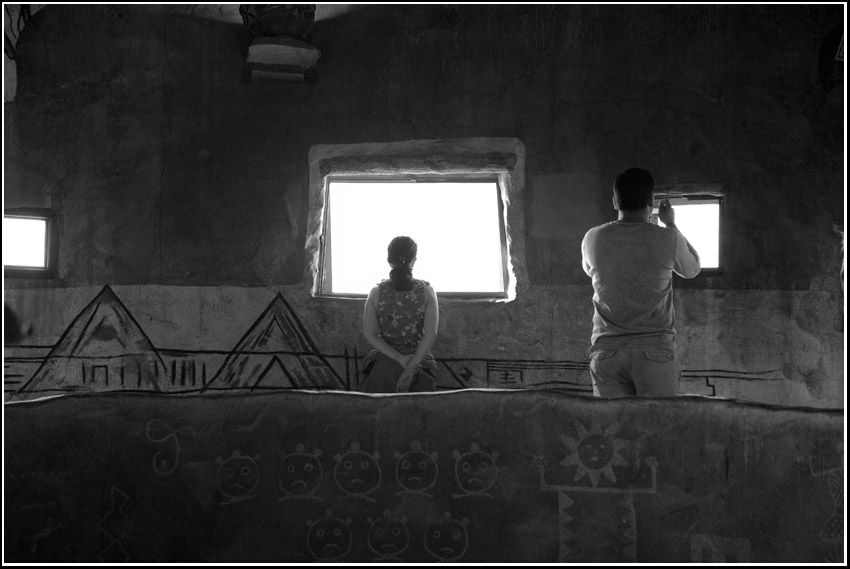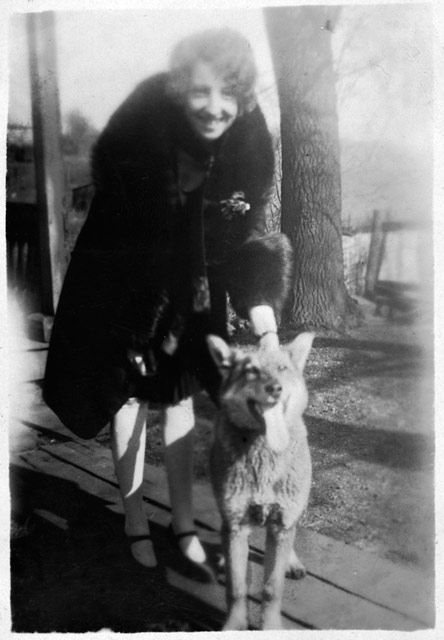
Woolen Mills neighbor Lola Holloway Thomas Knight died this week. Lola was born March 12, 1909, lived most of her life on Woolen Mills Road.
We miss Lola.
Daily Progress has the obit.
Month: June 2011
roadside
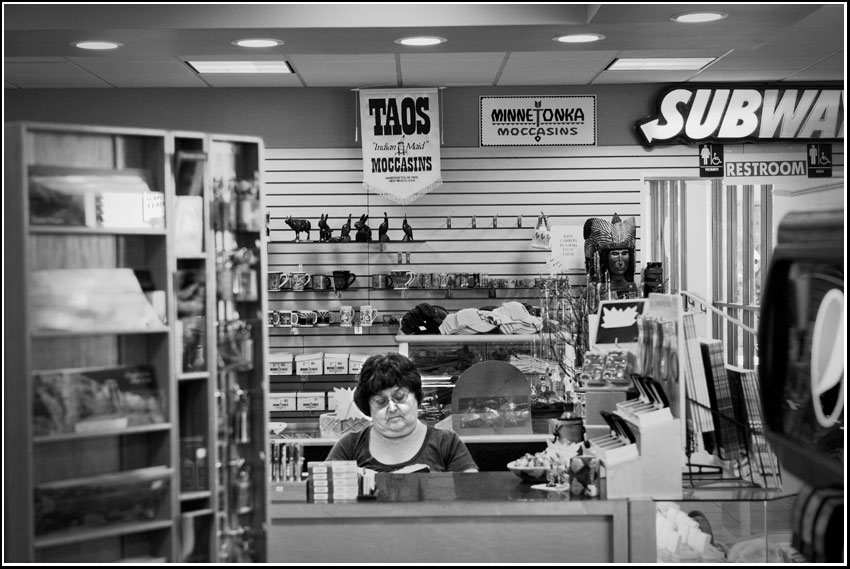
bric-a-brac
–noun ( used with a singular or plural verb )
miscellaneous small articles collected for their antiquarian, sentimental, decorative, or other interest.
Origin:
1830–40; < French, Middle French: literally, at random, without rhyme or reason; gradational compound from elements of obscure origin--Dictionary.com
Havasu Canyon
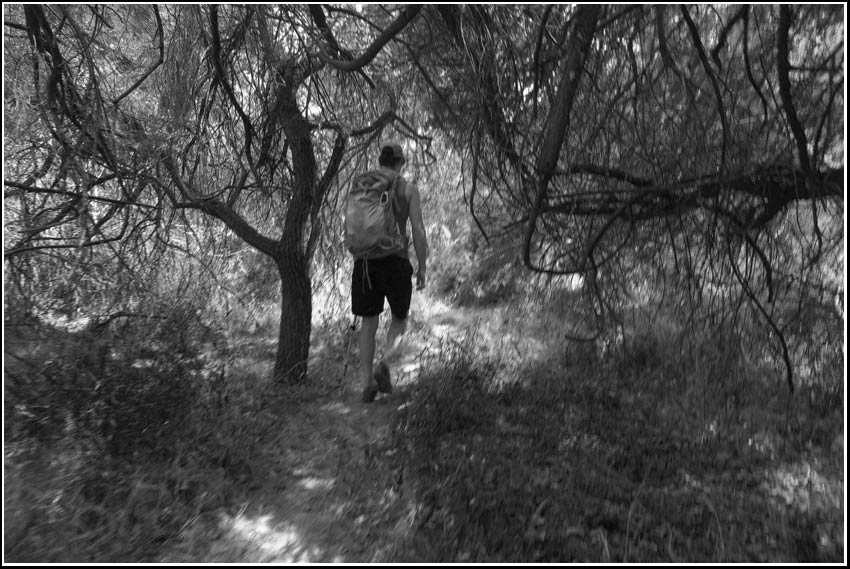
[Benjamin Lee Whorf] discovered that [Hopi] differs dramatically from languages of the Indo-European family such as English or French, particularly in its expression of the concept of time. English and its related languages have three major tenses – past, present, and future (“it was,” “it is,” “it will be”) – plus the fancier compound tenses such as “it will have been”. Having these tenses, Whorf argued, encourages Europeans and Americans to think of time as so many ducks in a row. Time past is made up of uniform units of time – days, weeks, months, years – and the future is similarly measured out. This division of time is essentially artificial, Whorf said, since people can only experience the present. Past and future are only abstractions, but Westerners think of them as real because their language virtually forces them to do so. This view of time has given rise to the fondness in Western culture for diaries, records, annals, histories, clocks, calendars, wages paid by the hour or day, and elaborate timetables for the use of future time. Time is continually quantified. — David S. Thomson, “Worlds Shaped by Words”
Las Vegas
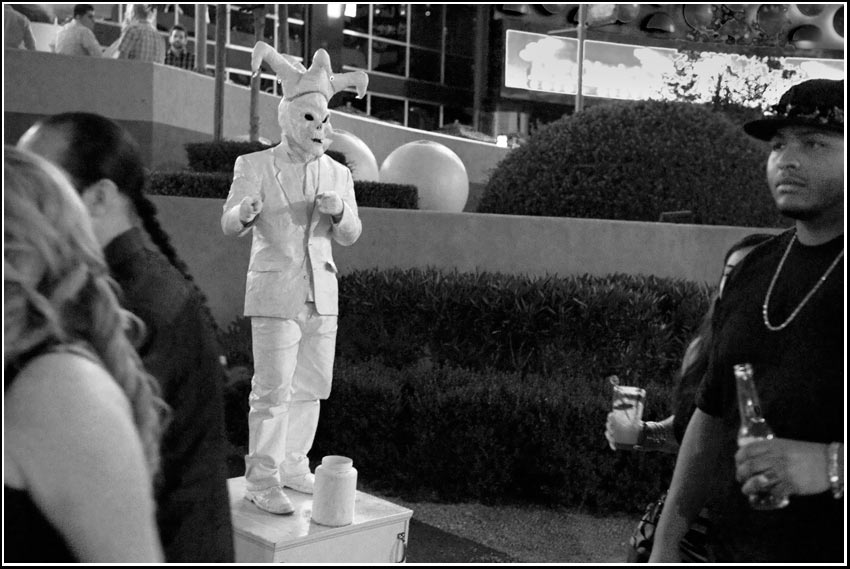
Reminded me of Hyde Park, Speakers Corner, standing on a box. That is where the similarity ends. This fellow was not speaking.

We have several ordinances in CHO which would discourage the appearance of this mobile advertising.
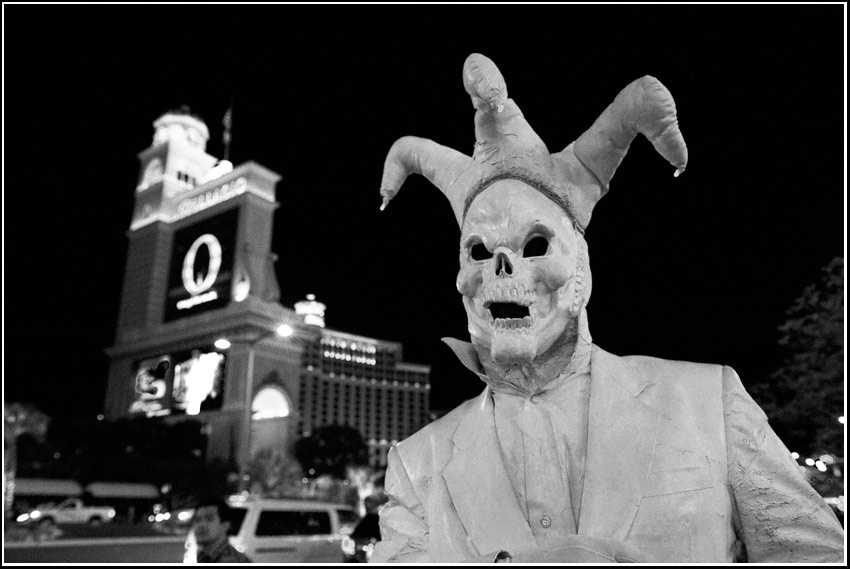
The fellow on the box, I am unsure of his message.
